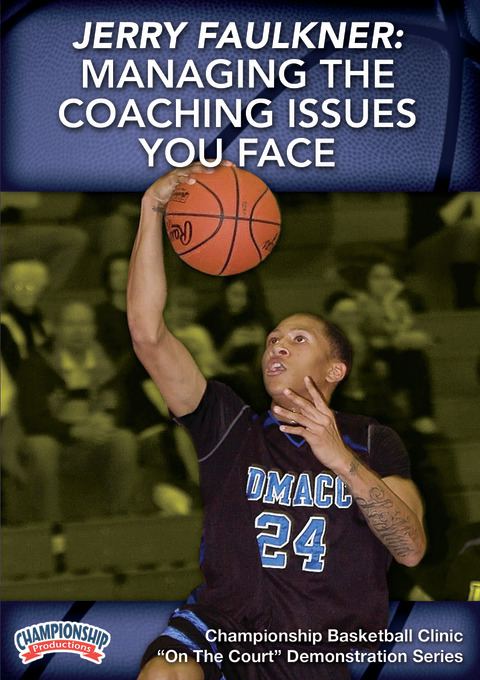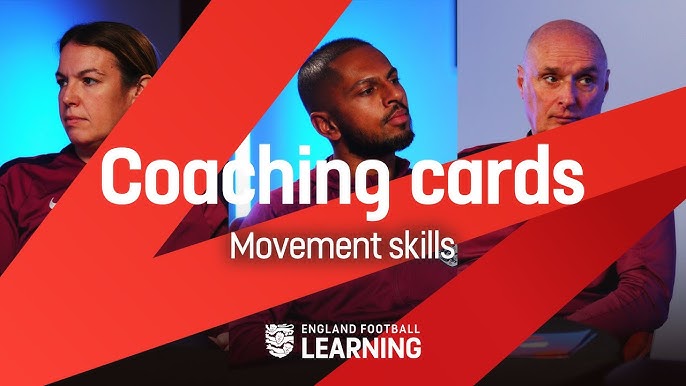I’ve always been a big fan of football, and when I got the chance to work on improving Faulkner University football skills, I jumped at it. Here’s how it all went down.

Getting Started
First off, I reached out to the coaches at Faulkner University. I set up meetings with them to talk about what the current situation of the football team was. We sat down together, had some coffee, and just chatted about the players’ strengths and weaknesses. They told me that a lot of the players had basic skills, but there was room for improvement in terms of teamwork and advanced techniques.
Assessing the Players
I then started to assess the players. I watched them during practice sessions. I took notes on how they ran, how they passed the ball, and how they interacted with their teammates. I saw that some players were really good at running fast, but they had trouble with accurate passing. Others were great at defense but lacked offensive skills. I made a list of each player’s issues so we could work on them one by one.
Implementing Training Programs
Based on the assessment, I worked with the coaches to come up with training programs. For the passing problem, we set up a passing drill. We put up targets on the field, and the players had to pass the ball to hit those targets. We did this for hours every day. To improve teamwork, we organized some small – scale scrimmages. The players were divided into small teams and had to work together to score goals. It was like a mini – game during practice.
Working on Mental Toughness
Football isn’t just about physical skills; it’s also about mental toughness. I read from some sports experts that a strong mind can make a big difference in a game. So, we added some mental training to the program. We had the players do some meditation before practice to calm their minds. We also taught them how to deal with pressure during a game. For example, when they made a mistake, instead of getting frustrated, they were supposed to focus on the next play.
Seeing the Results
After weeks of hard work, I started to see the results. The players’ passing accuracy improved significantly. During a scrimmage, I saw one player who used to have a hard time passing, now making really accurate long – distance passes. The teamwork also got better. The players were communicating more on the field, and they were helping each other out. Their mental toughness was also showing. Even when they were losing in a scrimmage, they didn’t give up easily and kept fighting until the end.

In conclusion, improving Faulkner University football skills was a long and challenging process. But by working closely with the coaches, assessing the players, implementing targeted training programs, and focusing on mental toughness, we were able to make a big difference. It just goes to show that with hard work and the right approach, you can improve any team’s performance.
